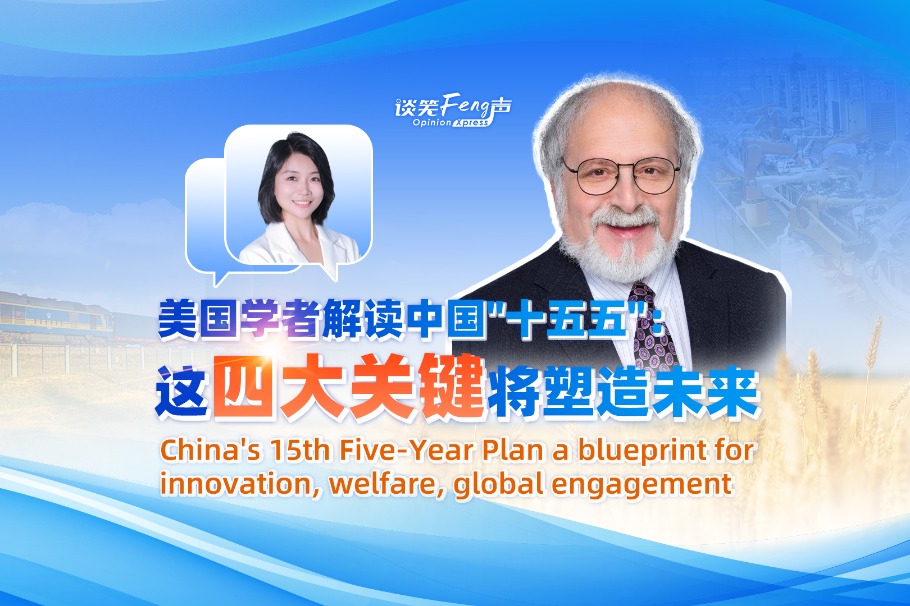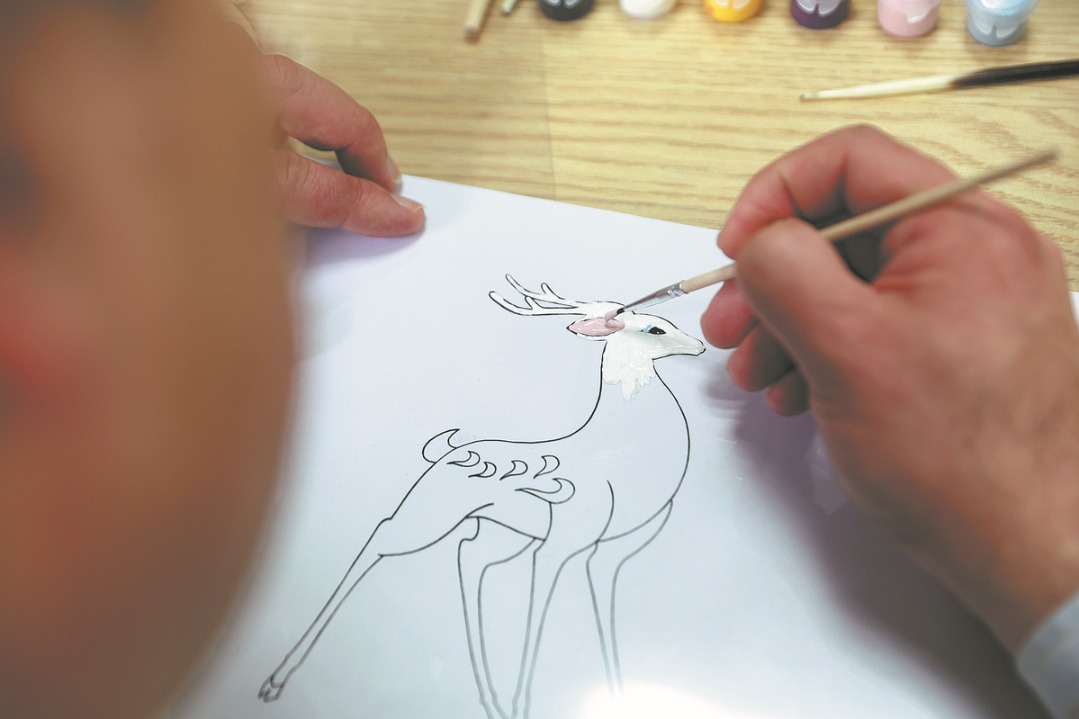Responsibility weighs on major powers

This is going to be an eventful year for international politics. Aside from sluggish global economic growth, major economies also have a lot to deal with at home. The controversial US Republican presidential candidate Donald Trump is one step closer to winning his party's nomination race, adding more uncertainties to the country's presidential election. Tensions still run high in the Middle East, while Russia is yet to reconcile with the West over the Syrian and Ukrainian crises.
The process of denuclearizing the Korean Peninsula, too, has hit speed bumps after the Democratic People's Republic of Korea conducted its fourth nuclear test on Jan 6 and continued rocket launches.
More importantly, for major global powers, whether they are able to mobilize enough international support to fight cross-border terrorism led by the Islamic State, will serve as a barometer of their capability to fruitfully handle their relationships.
Major powers, including the US and China, are obliged to shoulder greater responsibilities and play a more active role in regional and global affairs. And to safeguard global peace, stability and prosperity, they need to closely cooperate and coordinate by shelving their differences and disagreements.
High hopes have been placed on China's diplomatic performance this year, as President Xi Jinping is expected to inject fresh momentum into "major country diplomacy with Chinese characteristics".
Regardless of their geoeconomic and geopolitical disparities, however, major powers should adhere to the principles of non-conflict and non-confrontation. In particular, they should jointly address outstanding global issues through effective communication and dialogue. There is enough room for cooperation among major powers when it comes to nuclear non-proliferation, reducing carbon emissions and boosting global growth, which largely depends on concerted financial policies of all economies.

Of course, it takes more than mutual respect to manage relations between major powers. For its part, China is trying to offer more people-oriented policies to the world ranging from reforms of the global financial and market order to optimizing global governance in which all countries get equal participating rights. But this will be possible only when key regional players work together.
This year offers some golden opportunities that major powers should not miss. The fourth Nuclear Security Summit in Washington is seeing world leaders discuss not only nuclear-related issues, but also a cooperative mechanism for other global matters.
The G20 Summit, to be held in Hangzhou, East China's Zhejiang province, in September, is expected to push for more concerted international efforts to revitalize the world economy.
In addition, the Asia-Pacific Economic Cooperation meeting and the East Asia Summit will indicate whether heads of state, especially Xi and his US counterpart Barack Obama, can break the deadlock in the DPRK's nuclear issue and the South China Sea disputes.
Therefore, major powers still have a long way to go in promoting win-win cooperation. And to achieve that, they should keep recalibrating their ties to enhance mutual trust through regular, exemplary leadership meetings and dialogue.
The author is executive director of the China Center for Collaborative Studies of the South China Sea at Nanjing University.
(China Daily USA 04/01/2016 page4)
Today's Top News
- China condemns US $330m arms sale to Taiwan
- Root causes behind Takaichi's provocative remarks alarming for all
- China to maintain pressure on Japan over PM's Taiwan comments
- Free trade zones incubators for nationwide policies
- US scholar: China's 15th Five-Year Plan charts path to future
- Coding the law for smart governance






























